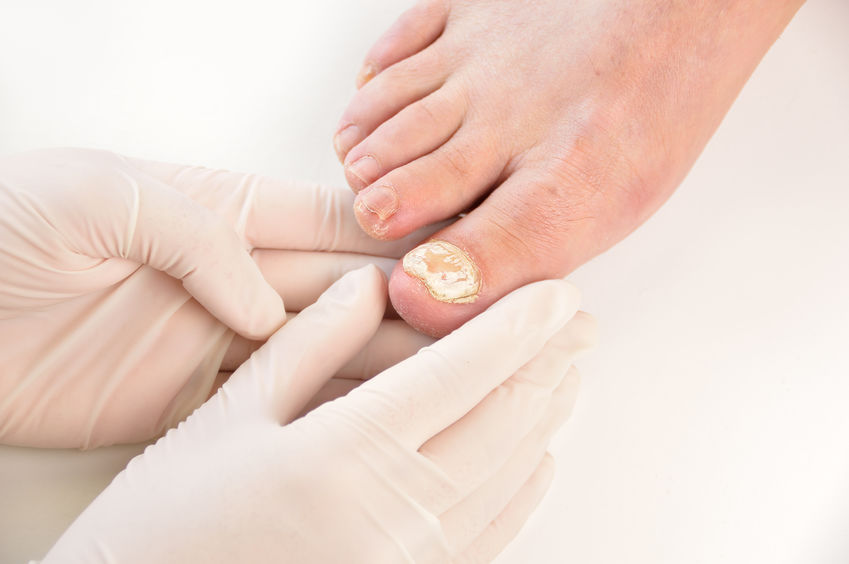Chicago Mobile Foot Care Limited
We can help you! For your first evaluation and resolution to your concerns please visit us at any of our 3 Chicago land locations. We speak English, Spanish, Polish and Russian.

Causes and Symptoms of Toenail Fungus
Toenail fungus, also known as onychomycosis, is a common condition caused by an overgrowth of fungi in, on, or under the nail. Here are the causes and symptoms:
Causes:
- Fungal Infection: Fungi like dermatophytes or yeasts can enter the nail bed through tiny cuts or separations between the nail and skin.
- Moisture and Warmth: Fungi thrive in warm, moist environments, making places like sweaty shoes or damp socks a breeding ground.
- Poor Hygiene: Not keeping feet dry and clean can contribute to the growth of fungus.
- Injuries or Trauma: Nail injuries can make it easier for fungi to invade and infect the nail.
Symptoms:
- Thickened Nails: The affected nails become thicker than usual, making them difficult to trim.
- Discoloration: Nails may turn yellow, brown, or white. In some cases, they might darken or develop white spots.
- Brittle or Crumbly Nails: Infected nails can become brittle, crumbly, and prone to crumbling or breaking.
- Distorted Shape: Nails may change shape, becoming oddly shaped or warped.
- Foul Odor: In advanced cases, the infected nail might emit a foul odor.
- Pain or Discomfort: In some instances, toenail fungus can cause pain or discomfort, especially when wearing shoes or walking.
Prevention and Treatment:
- Good Hygiene: Keep your feet clean and dry, especially after being in damp or sweaty conditions.
- Proper Footwear: Wear breathable shoes and moisture-wicking socks.
- Avoid Walking Barefoot: Particularly in public places like pools or gym showers.
- Prompt Treatment: If you suspect a fungal infection, seek treatment early to prevent it from spreading.
- Topical Treatments: Over-the-counter antifungal nail creams or ointments may help treat mild cases.
- Oral Medications: In severe cases, oral antifungal medications prescribed by a doctor might be necessary.
- Surgical Options: In some cases, surgical removal of the nail might be considered if the infection is severe or recurrent.
Always consult a podiatrist for an accurate diagnosis and appropriate treatment plan, as severe cases might require medical intervention.
Call and schedule an appointment with our Chicago podiatrists at 773-769-3310. Our podiatrists can provide a proper diagnosis based on your symptoms, medical history, and potentially recommend imaging studies or other diagnostic tests to identify the underlying cause and determine the appropriate treatment.

